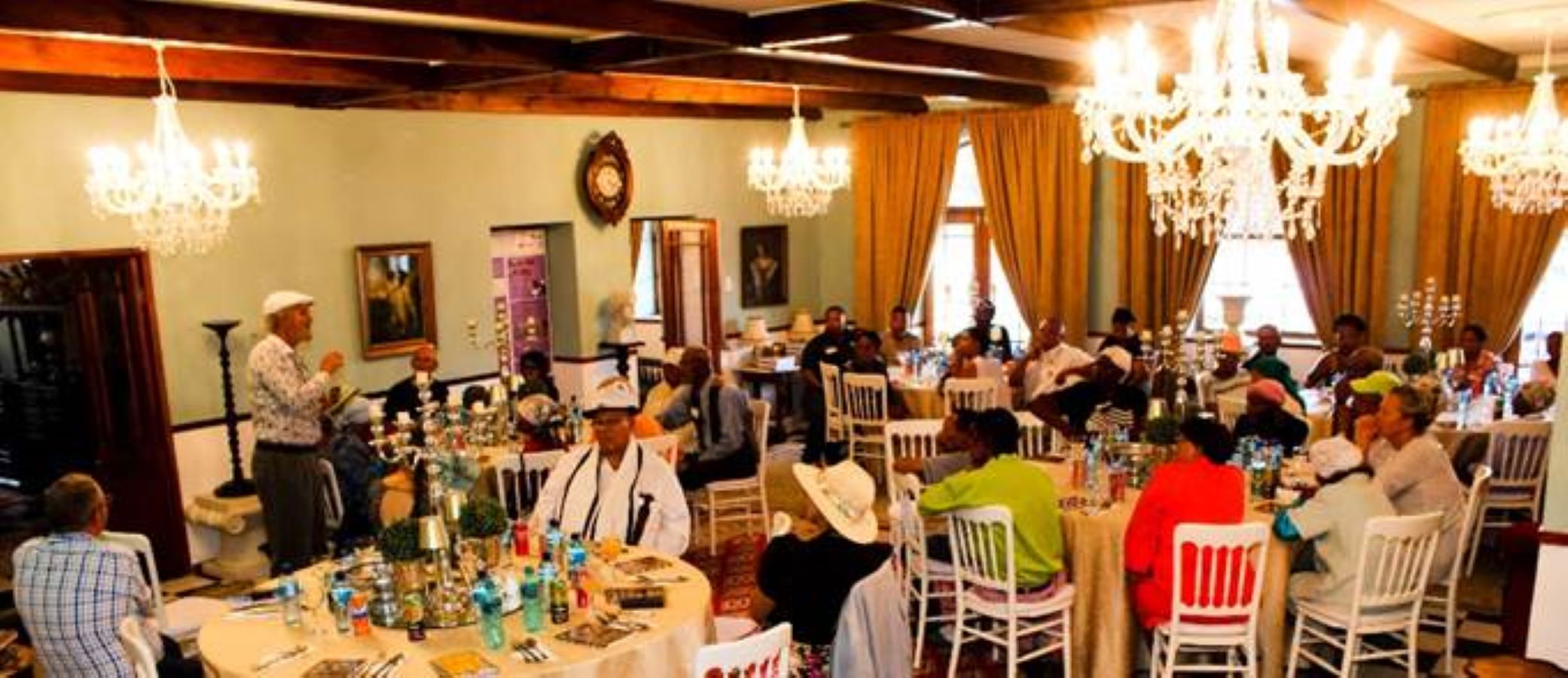Professorial Inaugural address: Professor Peter Dankelmann
Once Peter Dankelmann, a Professor in Mathematics at the University of Johannesburg (UJ), starts talking, his enthusiasm turns internet search engines, such as Google, transportation networks such as the Gautrain rail system, and electrical networks such as the Eskom power into fascinating subjects of study.
Professor Dankelmann will deliver his inaugural address with the theme, Graphs, Google and the Six Degrees, in the Council Chambers, Madibeng Building, Auckland Park Kingsway Campus on Tuesday, 22 October 2013 at 18:00.
Prior to Prof Dankelmann joining UJ in 2012, he received his PhD in Mathematics from Aachen University in Germany. After completing his PhD, he joined the Mathematics Department of the then University of Natal in Durban as a Post-doctoral researcher for a year, after which he took up a permanent position in this department as a lecturer. Following promotions to Senior Lecturer and Associate Professor, he was promoted to Professor in 2007.
Prof Dankelmann is an active researcher in Graph Theory, a modern branch of Mathematics that is concerned with the study of networks. He has published over 75 research papers in peer-reviewed international journals, and he is currently completing a book on his research specialty, Distances in Graphs. He is a member of the editorial board of the international journal Utilitas Mathematica, and a founding member of the editorial board of the international journalElectronic Journal of Graph Theory and Its Applications. In 2005 his university, UKZN, nominated him for the national NSTF Science and Technology Award in category B for the best contribution of an individual over the past five years. In 2007 Prof Dankelmann was elected a member of the South African Academy of Science. He currently holds an NRF B-rating.
During his time at the University of KwaZulu-Natal, he served on numerous committees, most notably on Senate, the Senate Steering Committee, the University Research Committee and the University Council. Outside the university, Prof Dankelmann has been actively involved in the promotion of science, especially mathematics. For nearly a decade he was the National Organiser of the South African Interprovincial Mathematics Olympiad, a mathematics competition between teams of learners from the different provinces.
Since joining UJ, Prof Dankelmann has been instrumental in setting up the South African Tertiary Mathematics Olympiad, a mathematics competition between universities, which first took place in 2012 as an initiative of the University of Stellenbosch and the University of Johannesburg.
Abstract of the inaugural address by Prof Dankelmann
Networks are present in several aspects of our daily lives. Social or professional networks, computer networks such as the World Wide Web or the intranet at our workplace, transportation networks such as the Gautrain rail system, and electrical networks such as the Eskom power grid influence our lives significantly. The economic network of banks who lend each other funds has been in the spotlight after the subprime crisis, in which the failure of some banks forced other banks, which they owed significant amounts, into bankruptcy, almost causing a domino effect.
Graph Theory is the branch of mathematics that is concerned with the study of networks. In this lecture we use results of modern graph theory to investigate the so-called small world phenomenon. This phenomenon is the fact that surprisingly often we find that we are connected to perfect strangers, often through common acquaintances, even if geographically and socially they seem worlds apart from us. We then look at one of the biggest and most important networks, the internet, and observe how the Google search engine employs Graph Theory to help us find websites or information with surprising ease.



